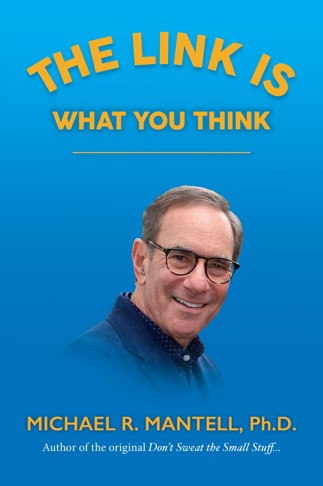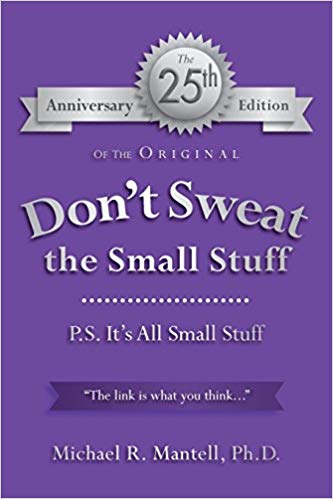 It all started with Michael Jackson and Farrah Fawcett. After the singer’s shocking death followed by the death of the actress a day later to cancer in August 2009, Twitter users started claiming other celebrities were dead too. Britney Spears. Sean Combs. Paul McCartney.Why are people motivated to start such rumors for sheer sport? San Diego-based clinical psychologist Michael Mantellsays while the technology is new, the human motives behind the hoaxes are as old as the “Martian panic” created by Orson Welles’ “War of the Worlds” radio show in 1937 and the boy who cried wolf.“Twitter allows liars to creatively manipulate a sense of power over tens or hundreds of thousands of followers. The power they wield works because they play on our adoration of the stars they write about coupled with our emotions upon hearing of a “death” or tragedy occurring to them, blinding our rational thinking and normal skepticism,” explained Dr. Mantell. “They want us to feel emotion instead of use our critical thinking.
It all started with Michael Jackson and Farrah Fawcett. After the singer’s shocking death followed by the death of the actress a day later to cancer in August 2009, Twitter users started claiming other celebrities were dead too. Britney Spears. Sean Combs. Paul McCartney.Why are people motivated to start such rumors for sheer sport? San Diego-based clinical psychologist Michael Mantellsays while the technology is new, the human motives behind the hoaxes are as old as the “Martian panic” created by Orson Welles’ “War of the Worlds” radio show in 1937 and the boy who cried wolf.“Twitter allows liars to creatively manipulate a sense of power over tens or hundreds of thousands of followers. The power they wield works because they play on our adoration of the stars they write about coupled with our emotions upon hearing of a “death” or tragedy occurring to them, blinding our rational thinking and normal skepticism,” explained Dr. Mantell. “They want us to feel emotion instead of use our critical thinking.
“It builds the sense of power in the perpetrator of the hoax, but only temporarily. He/she must do it again to keep up their otherwise failing and false sense of power. They do it to build up their own sense of poor self-esteem that borders on self-loathing.
“There is also the “I want to be first to spread the news–makes me feel important–I’ll tell my friends before anyone else does.” This helps cement the erroneous belief we hold onto. We believe things more when we spread them to others,” said Dr. Mantell.
But now that we all know about the celebrity death hoax phenomenon, why aren’t we more skeptical? Why don’t we stop to check these reports out first since so many of them, especially on Twitter, turn out to be completely false?
“We have always been able to put our critical reasoning aside. We are physiologically built to focus on what’s alarming and dangerous, and the media knows this well,” explains Mantell. “Social media also allows us to see immediately a large number of others who “believe the hoax” by the sheer outpouring of grief, shock and wailing, which we instantly believe must be true if everyone else is believing it. We think, “If so many people are reacting, it must be true.”


